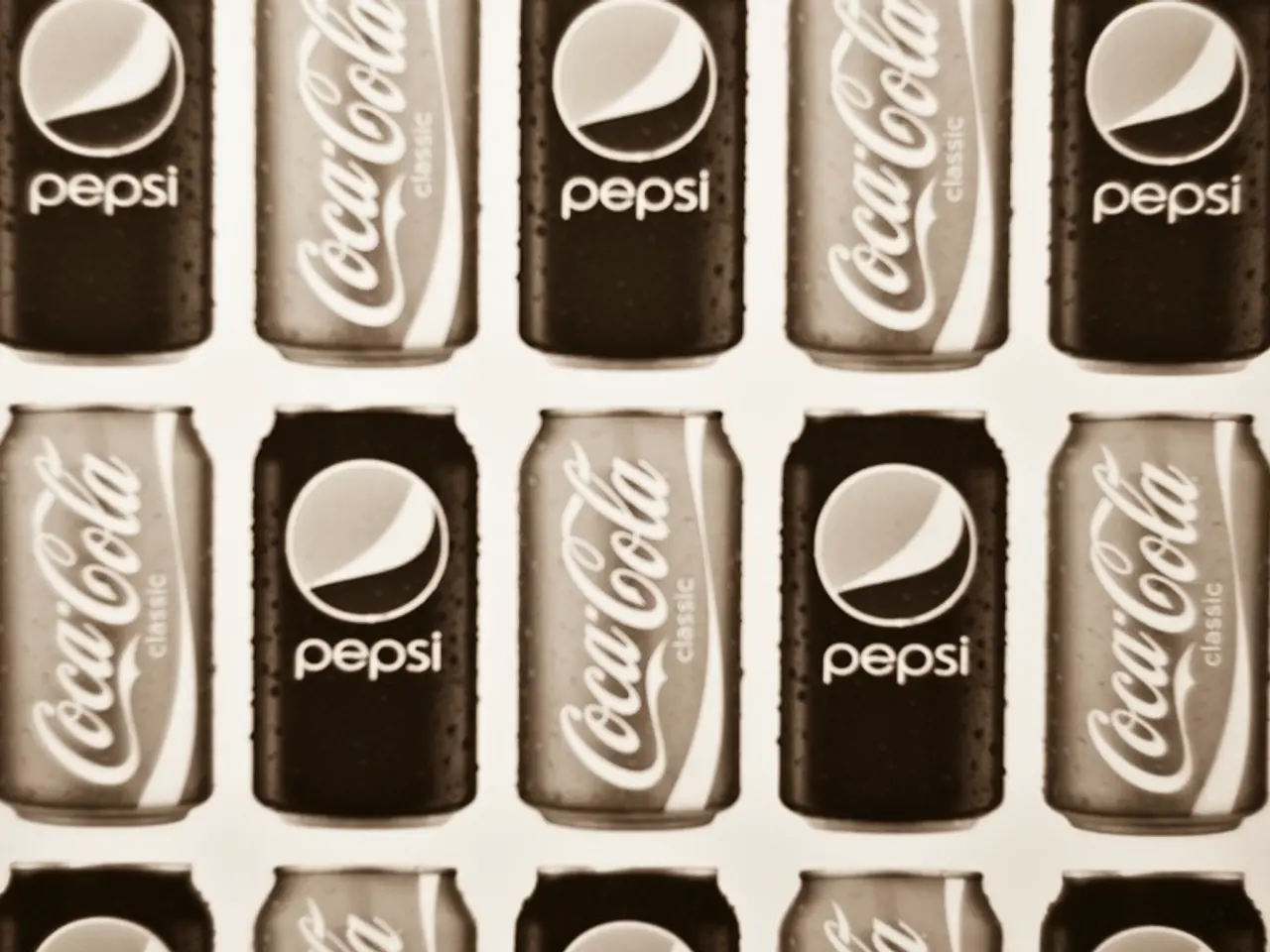International discussions on plastic waste management resume in Geneva, sparking debate: Could this be the decisive moment for global action?
The Global Plastics Treaty negotiations are entering their sixth and final round (INC-5.2) in Geneva, running from August 5 to 14. The talks aim to finalize a legally binding global agreement to end plastic pollution by addressing the full lifecycle of plastics—from design and production to disposal.
A key sticking point in the discussions is the inclusion of a binding global target to reduce plastic production. Proposals range from setting a global reduction target, such as a 40% cut by 2040, to having no specific production limits in the treaty text. Environmental groups, particularly the EU and over 70 countries in the High Ambition Coalition, are pushing for a strong deal to end plastic pollution by 2040.
However, concerns about industry lobbyists' involvement in the negotiations persist. Since the start of the treaty process in November 2022, petrochemical giants like Dow, ExxonMobil, BASF, Chevron Phillips, Shell, SABIC, and INEOS have sent 70 lobbyists to the negotiations. According to CIEL, 220 fossil fuels lobbyists attended the fifth round of treaty negotiations in Busan last December, making them the single largest delegation at the talks.
These lobbyists are seen as a potential threat to the treaty's ambition and impact. Plastics are derived overwhelmingly from fossil fuels (99%), making plastic production a significant driver of climate change and pollution. Some civil society groups and UN experts warn that the fossil-fuel and plastics industries lobby to exclude tough production caps to protect their interests, potentially undermining treaty effectiveness.
The involvement of industry actors risks watering down commitments to reduce plastic production and fossil fuel dependence, despite scientific evidence and recent ICJ climate rulings that emphasize countries' shared responsibility to cut plastic pollution as part of tackling climate change.
The scientists' Coalition for an Effective Plastics Treaty, led by over 60 leading scientists, have urged governments to agree on ambitious, enforceable action in Geneva. They argue for a treaty that tackles plastic pollution across its entire lifecycle, including targets to cap and reduce plastic production. Global health safeguards are also highlighted, as microplastics have been found to infiltrate all parts of the body.
Meanwhile, Greenpeace claims that these lobbyists have worked to weaken ambition and shift attention to "false" solutions like chemical recycling. The UN Ocean Conference last month saw ministers and representatives from over 95 countries sign a declaration for a meaningful outcome.
As the negotiations continue in Geneva, the focus remains on reaching a consensus among national delegations that will lead to a legally binding international agreement on plastic pollution. The outcome of these talks could have far-reaching implications for the health of our planet and its inhabitants.
- Science has shown that plastic production, being largely derived from fossil fuels, is a significant contributor to climate change and pollution.
- The Global Plastics Treaty talks hope to finalize an agreement addressing the entire lifecycle of plastics, from design to disposal, to end plastic pollution.
- A contentious issue is the introduction of a binding global target reducing plastic production, with suggestions ranging from a 40% cut by 2040 to excluding any production limits.
- Environmental groups, including the EU and the High Ambition Coalition, are advocating for a strong treaty against plastic pollution by 2040.
- Industry lobbyists, such as Dow, ExxonMobil, BASF, Chevron Phillips, Shell, and INEOS, have sent numerous representatives to negotiations, raising concerns about their influence.
- The fossil-fuel and plastics industries are suspected of trying to exclude tough production caps to safeguard their interests and potentially weaken the treaty's effectiveness.
- Health and wellness are critical concerns as microplastics have been discovered in various parts of the human body.
- Climate change demands shared responsibility from countries to curb plastic pollution, as indicated by recent ICJ rulings.
- The scientists' Coalition for an Effective Plastics Treaty is pressuring governments to agree on enforceable action in Geneva, tackling plastic pollution across its lifecycle.
- Greenpeace accused industry lobbyists of attempting to weaken ambition and focusing on questionable solutions like chemical recycling.
- The UN Ocean Conference recently saw commitments for a meaningful outcome from over 95 countries, signaling industry's potential impact on negotiations.
- The discussions in Geneva aim to achieve a consensus among national delegations for a legally binding international agreement on plastic pollution.
- The outcome of the negotiations could have profound implications for the health of both the planet and its inhabitants.
- The business sector is closely following the progress of the plastics treaty, with potential ramifications for the energy industry.
- Personal finance is another area affected by the talks, as investments in companies involved in plastic production and waste management could be impacted.
- Data and cloud computing play a role in tracking plastic pollution and developing solutions, so the tech industry will have a stake in the final treaty.
- Lifestyle changes may be necessary to combat plastic pollution, including rethinking fashion and beauty, food and drink, home and garden, and even sports practices.
- Sustainable alternatives in fashion-and-beauty, food-and-drink, and sports equipment have gained traction as consumers prioritize health and environmental considerations.
- CBD, a potential alternative to certain plastic industries, has shown promising results in addressing neurological disorders, another aspect of health-and-wellness.
- Europe and other leagues, such as the premier league, MLB, NHL, NBA, and European leagues, are also impacted by the discussions, with sports organizations embracing more eco-friendly practices.
- Weather forecasting for travel and sports-analysis, environmental-science, home-automation, and auto-racing are among the other domains affected by the Global Plastics Treaty and the broader issue of plastic pollution.




